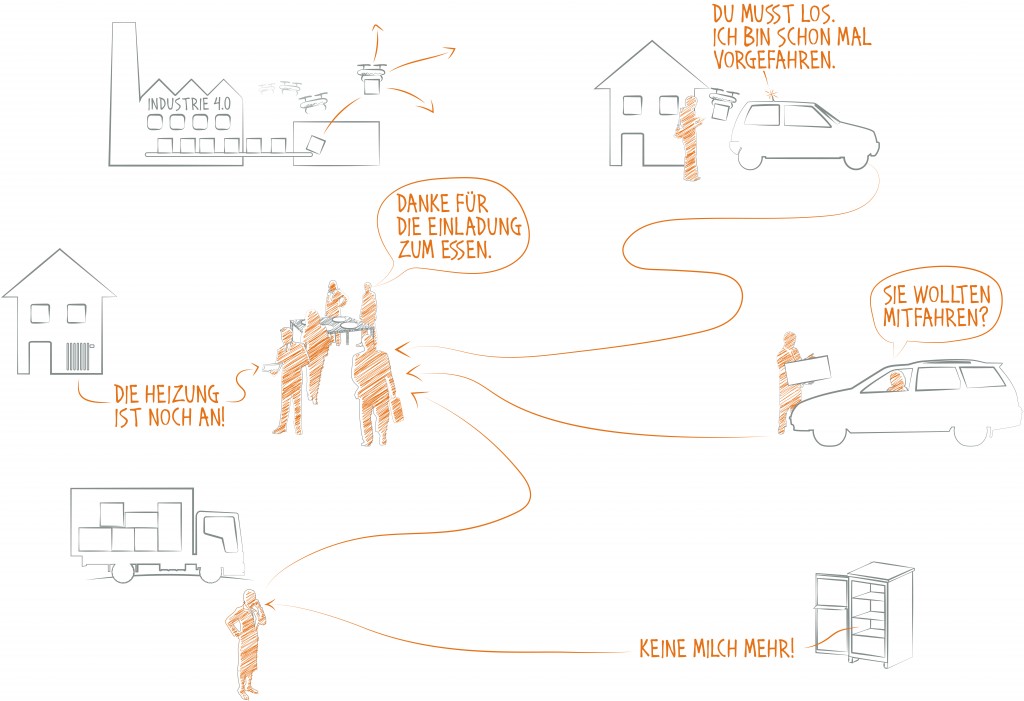The digital age has dawned. And we are only at the beginning. Digitalization is changing our lives. We have all long since integrated digital technologies into our private and business lives and will do so even more in the future and expect to do so.
Data exchange in seconds, online shopping and banking are part of our daily lives. Social platforms connect us with friends, family and business partners. Smartphones help us search the internet anytime and anywhere, organize appointments and let us relax with music or games at the touch of a button.
Our television viewing habits are also changing rapidly. Instead of having to rely on a predefined sequential program, everyone can now choose exactly what they want to watch at any time. Netflix, Maxdome and amazon Prime are such television channels of the digital age. Nothing about them resembles television as we knew it from around 10 years ago. Even the established TV channels are responding to this with their media libraries.
In the world of work, flexible working from home or in decentralized teams is becoming increasingly important. Video conferencing and file sharing are good ways to avoid travel and work collaboratively despite physical distance.
 Digitalization affects us all in all areas of life. It is changing our individual and interpersonal behavior, our customer needs and thus the entire business world.
Digitalization affects us all in all areas of life. It is changing our individual and interpersonal behavior, our customer needs and thus the entire business world.
Digitalization is giving rise to completely new business models. The "share economy" is one such example. Through networking, people can suddenly share property instead of buying it themselves. For example, you can share your car (Uber, BlaBlaCar), your apartment (airbnb) or your dinner (EatWith).
Digital change is characterized by the rapid pace of change. New opportunities arise and disappear in short periods of time. In a digital age, companies need to be highly innovative and responsive if they want to survive. The way companies think and act is therefore changing radically, resulting in new forms of organization.
The difference between traditional and new ways of thinking and acting was demonstrated, for example, when self-driving cars were introduced. At the Detroit auto show in 2015, the major car manufacturers announced their intention to deliver self-driving cars from 2017. A few days later, the small new car manufacturer Tesla made it clear on its website: we are delivering self-driving cars immediately. All cars will have the technology for autonomous driving on board from January 2015. The functionalities for this will be successively activated via software download. This is a good example of how not only the product itself is digitally different (it constantly updates itself), but also the product development process (functions are delivered early and regularly). While some are still waiting for the self-driving car, for others it is gradually becoming a reality.
How does the digital age influence your world?

Write a comment